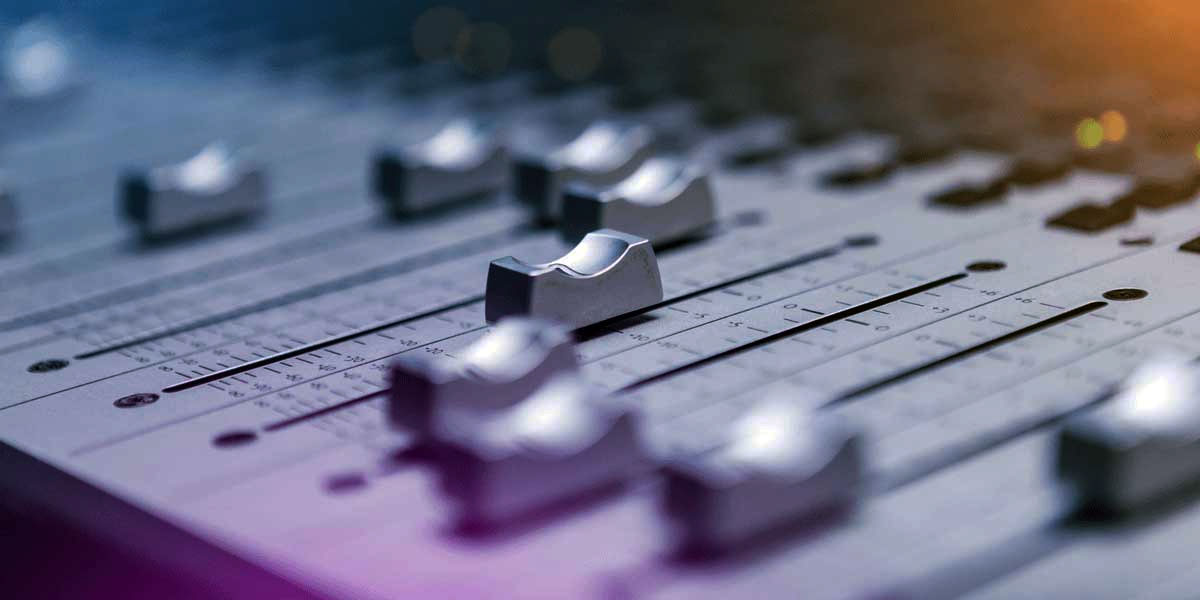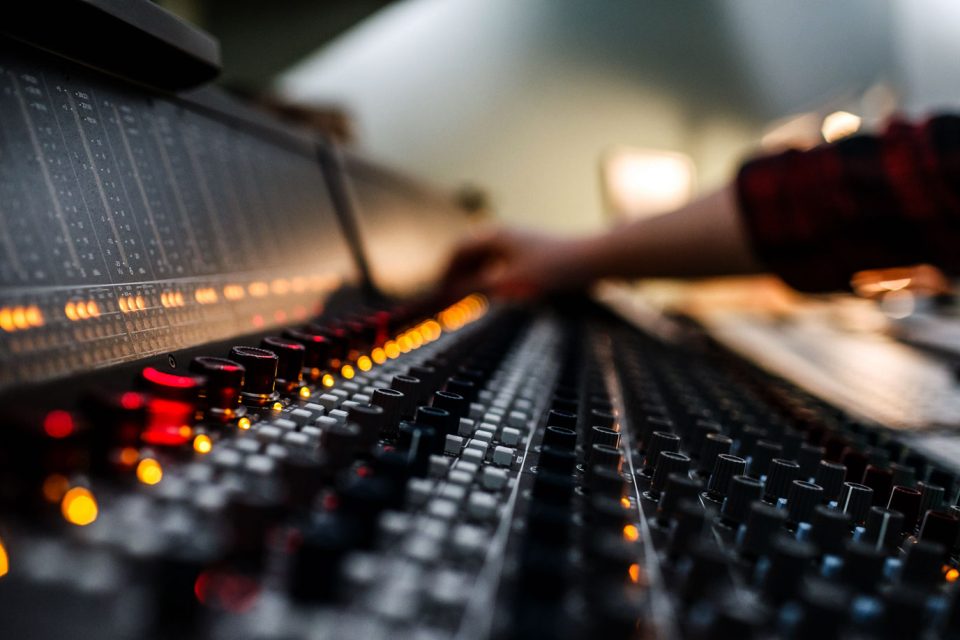Music education has become increasingly important in recent years. Technological advancements make it easier for students and educators to access resources that can help them learn and teach music more effectively.
Some of music education’s most popular technology tools include online tune libraries, software programs for ear training, and digital recording and mixing equipment. These tools can help students practice music on their own time, enhance their skills in the classroom, and collaborate with other musicians to create something truly unique.

Online tune libraries are a great way for students to access a wide variety of songs from different genres. Many of these sites have tutorials, sheet music, and other helpful resources that can be used to improve technique and knowledge of music theory. Software programs for ear training are also beneficial, as they allow students to practice their listening skills and become more familiar with intervals, scales, and chords.
Digital recording technology has revolutionized how we create music, making it much easier for students to record and mix their own pieces. This technology has made music production more accessible and affordable, allowing students to experiment with different sounds and effects.
Finally, technology helps bridge the gap between musicians in different parts of the world by enabling collaboration across distances. Digital platforms like SoundCloud have allowed musicians to share their work with a global audience and gain valuable feedback from other musicians around the world.
Overall, technology has positively affected music education and continues to be an invaluable tool for students and educators. It provides access to a wealth of resources and makes learning more interactive, efficient, and collaborative. With these tools at their disposal, students are better positioned to reach their potential and make beautiful music.


